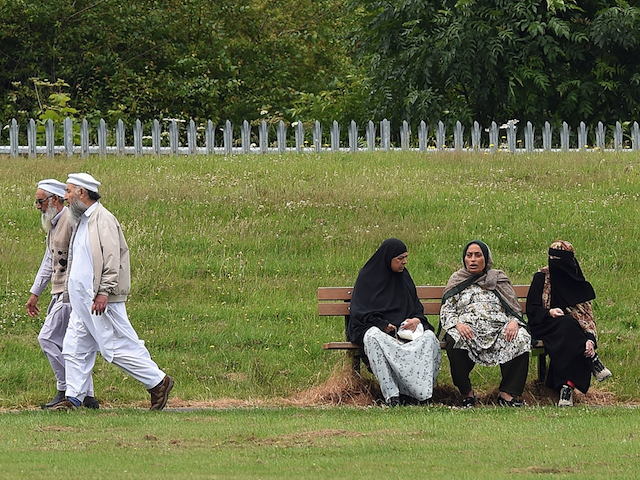A government report has slammed high unemployment rates among Muslim women, blaming “Islamophobia” amongst other factors.
The report, by the Women and Equalities Committee, claims that “Muslim people suffer the greatest economic disadvantages of any group in society” because 41 per cent are “economically inactive” and do not pay taxes – almost twice the rate of the general population.
More than 65 per cent of the Muslims making no economic contribution to British society are women. Despite the report also revealing that around half of those women were kept at home to do housework, four of the five explanations given related to a lack of resources and supposed discrimination – the other was “pressure from traditional families”.
The committee, led by Conservative MP Maria Miller, also said that discrimination against Muslim women had been made worse by the government’s anti-terror Prevent strategy.
“The impact of Islamophobia on Muslim women should not be underestimated,” the reports insists. “They are 71 [per cent] more likely than white Christian women to be unemployed, even when they have the same educational level and language skills.”
“We have found the reasons behind this to be varied and complex,” authors add. “They include: discrimination and Islamophobia, stereotyping, pressure from traditional families, a lack of tailored advice around higher education choices, and insufficient role models across education and employment.”
Nazmin Akthar, from the Muslim Women’s Network UK, told the committee that some Muslim women “were not allowed out” and “were not allowed to speak to anybody in English”.
However, according to the report’s authors, the central problem was discrimination rather than Islamic values and practices.
“The impact of the very real inequality, discrimination and Islamophobia that Muslim women experience is exacerbated by the pressures that some women feel from parts of their communities to fulfill a more traditional role,” they wrote.
They also claimed that “there is evidence that Muslim women face discrimination in recruitment processes because of religious or cultural dress” such as the hijab and niqab (full face veil).
The report refers to widely questioned police figures which claim to show a huge recent spike in anti-Muslim hate crime, yet concedes that the “figures could represent an increased awareness of how to report hate crime, and better recording by police forces”.
However, because the anti-Muslim hate crime monitoring group Tell MAMA “found that Islamophobic hate crime disproportionately affects Muslim women” and “reported increases in the number of Islamophobic hate crimes in the weekend following the EU membership referendum” authors say there is “evidence of short-term spikes in hate crimes”.
In 2013, Tell MAMA was discredited and lost government funding when they claimed there was a “wave of attacks” against Muslims when the “attacks” were merely mean comments made on social media.
To help Muslim women in the future, the report demands a “nation-wide strategy” and encourages more data collection on minority communities, “specific policies to address the disadvantages faced by Muslim people”, and “awareness of what constitutes illegal discrimination and how to challenge it”.
One specific policy demanded is for “name-blind recruitment” by all employers, who will be forced to adopt the policy by “legislating if necessary”.

COMMENTS
Please let us know if you're having issues with commenting.